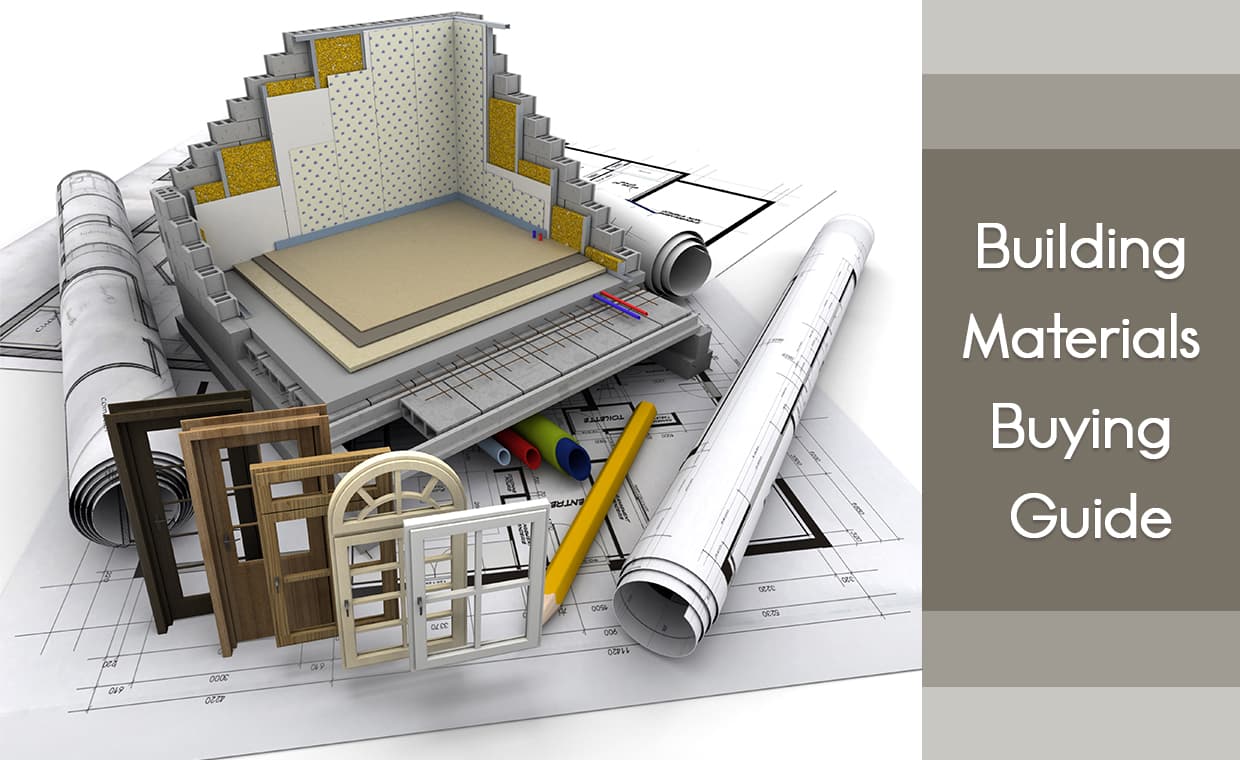
You might have heard about Maslow’s theory which says there are three basic needs of human beings Food, Cloths and Shelter. Where food and clothes are something which we need to attain every day, Shelter or House is something way beyond just a basic need. For Most of us our house is a Dream which we see with open eyes. And when it comes to the construction of our dream, we definitely want only the best as it will stay for years to come. We know you will do a lot research on designing, layout and style etc. While all these things are important to build a house but there is something without which you can’t even think of starting the construction, that is Construction Material.
The construction of the house involves more than 100 different types of materials. This is not to scare you but you will be spending a lot of time towards buying all materials. And to make this a little easy knowing more than just a name or what your builder is telling you about the different materials is always a great idea. Buying building materials also involves various stages like selection of the right product, search for the right supplier, right quality or specifications and finally negotiating a fair deal. But that’s not it. The second phase starts from the delivery of the materials at the site, verifying the quantity and quality delivered at the site, checking the bills of material delivered and ultimately payments and settling accounts. We know all this is overwhelmingly time-consuming and demanding. For sure it is not as easy as one may think if one is buying all the materials for the house. Sometime you will be even tempted to leave all these decisions to the builder but that could be little tricky depends how much you want to trust some stranger for your dream house. Here we have tried to provide a basic buying guide which will help you while buying building materials.
Buying Guide for Building Materials
This article will give you a general overview whereas you can check out some amazing specific tips for all different types of materials in our other blogs.
Click Here – Material Buying Guide for Various building material. Reading this article will be helpful to understand the different tips for some specific material as the following tips shall always be basic and useful to make a decision.
01. Need or Desire of Material
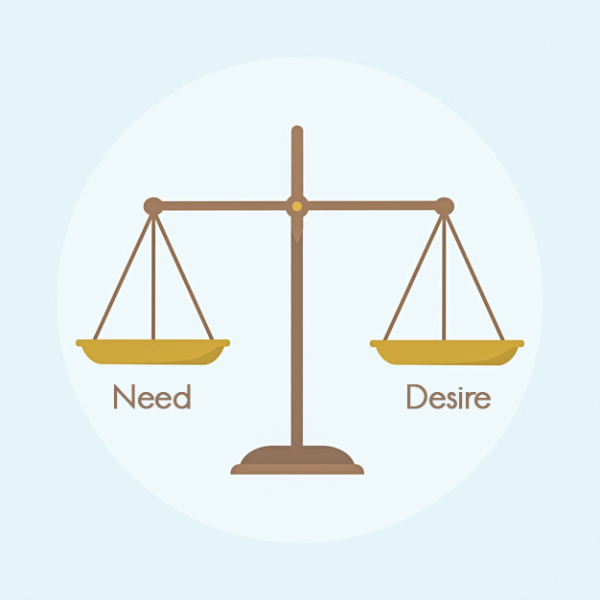
One often tends to get over indulged when it comes to dreaming big about the house. Where mostly the line between the need and desire becomes a little hazy. We have to clearly understand whether anything which we want to buy is a genuine need, or it is a mere desire. Now of course we have to fulfill our needs but when it comes to desires, they have no end, and infinite desires will keep you chasing some unrealistic and fancy ideas. It is quite simple a child can be feed with Dal Roti which is his need, but demands for a candy or chocolate which is a desire. The key is balance between need and how much luxury or desire you want to get hooked to.
● Why You Need to Buy Material?
Once you are convinced that particular material is your need, it is important to know the use of the material and find out the objective of buying materials. A simple Why? Why do we need this or when will we use this?
Remember the famous saying, “When you buy useless materials, a day will come in your life, when you will be compelled to sell useful materials.”
02. What Actually You Want to Buy?
Once you have established the need of the material you must carefully pick-up the best possible option available. You must also clearly know what you really want to buy.
Now is another time for deciding want vs need. For instance when buying a house or a vehicle, you have to make certain choices, like for house, i.e., its area, cost, locality etc. similarly for car, which model and cost. Even raw material of a house like artificial wood, you have a choice of a ply, or MDF.
Quality and specification you are looking for with respect to your need, and ascertain whether you really need all these features
There are always various options available out there what works best for you depend upon your need. Now the choice of material can be simple, economical and durable or something flashy, stylish and delicate. We can look at some of the options here let’s suppose you want to buy cement, then you must know whether you want to buy OPC or PPC. Similarly, if you want to buy reinforcement steel, decide you want to buy mild steel or Tor steel and again its grades like Fe415 or Fe500 or Fe500D. We are often tempted to buy things on impulse where mostly we end up with a product with lots of features e.g., your mobile or TV might be having 100 features but you may be hardly using 10 and perhaps you even might not possess knowledge to operate rest 90.


Finally, when you identify the product and you are sure it is the right product for you with not many unnecessary features than you ever need. Also, not compromising on basic minimum needs. Hence, there should be a balance between features and cost. Too many unrequited features can take a toll on your pocket.
03. Warranty/ Guarantee and Study of Product Literature

Most effective and reliable source of information on any product is either described on the packaging or available on the website of the manufacturers about its technical specifications. It is a common occurrence that the sales person misled you about the product specification or might give you incomplete information. Ultimately what is written on the product literature will be final and prevail. Thus understanding of all the properties, chemical composition, cautions of use, and advice for use as written by the manufacturer will help you take your pick. Also, study the terms and conditions of warranty and guarantee.
04. Quantity, Cost and Budget of Material

Budget is a very important deciding factor. Fixing of budget is crucial for not only the entire project as master budget but for each item separately also. If the budget of each item independently is not established it can misbalance the overall estimated expenses. Of course there are options available in the quality of raw material in various costs but when you have a fixed budget it saves a lot time and effort also. In fact, have a habit of not even looking at things which are beyond your budget, unless you can control yourself, buying it.
● Estimate the Quantity of Buying Materials
After the quality it is time to estimate quantity. If you have the right quantity required you are in a position to bargain. For instance, when buying bags of cement if you order lesser quantity, you won’t get the desired discount. It will also end going for cement shopping a couple of times. On the other hand, buying more than you actually require can lead to lot wastage and impacts the budget. You may inquire from the builder or architect as well as can cross check with the material vendor.
To know about more how to find the quantity of material, we have written article on it, refer Purpose of Estimate & Costing
● Cost of Transportation/Taxes

While budgeting, oftentimes we forget to include other overhead expenses. If these expenses are ignored, the total budget will shoot up. Hence while buying building material, consider the expenses of the cost of transportation, taxes, transit insurance and duties including the cost of loading and unloading at a site which is mostly unforgotten.
05. From Where to Buy Building Materials?

Google is a big boon for almost finding anything on the planet. When it comes to the search for the right seller and their location look for reviews, feedbacks etc. or take suggestions from your friends and family. To buy the raw material, you can directly purchase it from the manufacturers or manufacturer’s sales depot if that option is available, if not you may contact the distributors, whole-sellers or retailers, etc. The price, at which you buy material, will definitely depend on whom you are buying it from. You may consider getting a proper quotation from 2 or 3 suppliers before finalizing.
06. Brand, Quality, Testing and Certification

You might have heard about all that glitters is not gold. There may be a lot marketing done for the popular brand but quality is not that great. It’s good to be brand conscious but assess the experience of other users also. Merely going by some marketing gimmick to buy a brand, may lead you to a decision which you will regret later.
● Who is the Manufacturer?
There are avenues available to reference check the reputation of the manufacturers you are going with. It may be a popular established brand or a new player you can for sure figure out their reputation in the market including, for after sales, service and support.
● Testing of Building Materials
Learning to test the quality of the material either on site or in a laboratory will always be helpful especially when buying in bulk. Testing the material before buying can save lot of time, money and harassment.
- Is there a test that can be done at the site itself? If yes, what are those? At gharpedia.com you can learn about various field tests and do it at a site to know whether you are buying the right material or not.

Following are the Field test of some of the Building Materials:
- Are there the laboratory tests also done for the material? Why should one get it done? Well we advise you to go for the field test as well as laboratory tests depending upon the quantity that you are buying and the importance of the material and works.
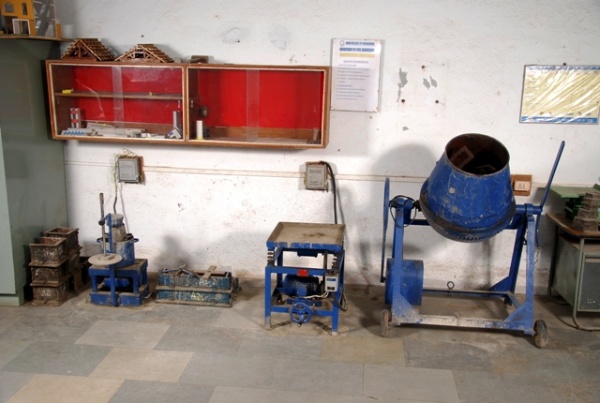
● Certification like IS/ANSI/ASTM

Checking the accreditations and national certification can also assure you about quality, like ISI mark, ANSI or ASTM mark, etc. The certifications assure you about material quality as well as the reputation of the manufacturer.
07. After Sales Support & Repairs
● Type of After Sales Support / Services Needed
It is important to have after sales support/service for certain materials. Depending on the material you should check with the seller about the type of after sales support or service they provide and who will provide i.e. will it be provided by the seller or the manufacturer or a 3rd party agency.
● Need of Spares
There may be a requirement of spare in the periodically or more frequently over the period of time, you should check the availability and cost.
● Repairs that may be Needed Every Year
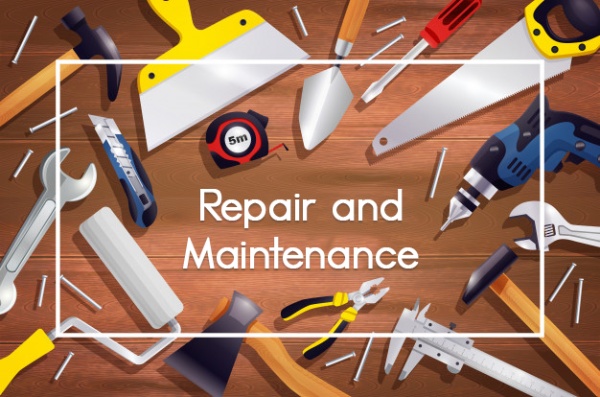
When buying a big-budget product, you should inquire about the running cost of operations, cost of regular maintenance and the cost of periodical repairs that may be needed.
08. Annual Maintenance Contract (AMC)

- Whether the seller or manufacture provides an Annual Maintenance Contract (AMC) and if so, what is its price? Also, check, if you don’t want to buy the AMC, will the maintenance still be available?
- Sometimes, the cost of AMC to be paid annually is much higher as compared to the cost of one-time purchase. Further, if you don’t buy AMC, you lose all the rights of updating the product as well as benefits available under the guarantee or warranty.
- AMC of some of the items can ease of the cost of replacement of major parts, after some years like the case of the membrane of RO Water treatment plants.
09. Life of Material
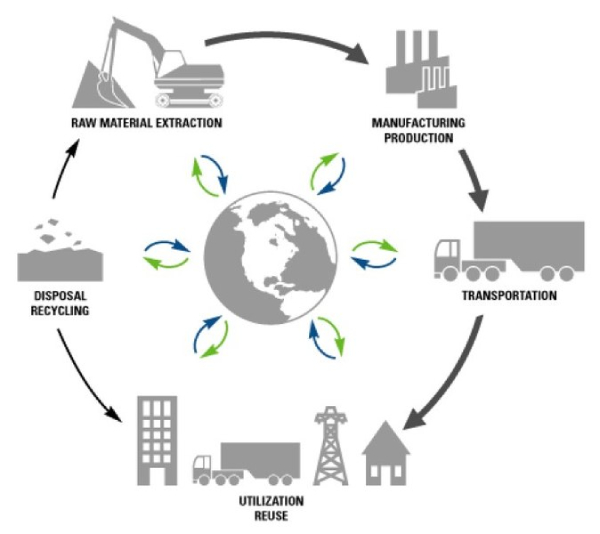
There are a few questions you should consider when buying any product:
- Whether the material required is for lifetime or temporary?
- Whether it is one-time purchase or regular / periodical?
- What is life of material? How long it would last.
All these answers can give you the choice to invest in the right product. There would be many similar or similar looking products in the market, it is a common occurrence that can lead to utter confusion we recommend you to visit common confusion topic.
10. Right Selection of Material and Supplier
Select the right material according to your need and budget. It will save a lot of you time and effort. He can also guide you about the best vendor also. Once you estimate the right quantity, you should find right supplier of material. Check whether the supplier is locally available or not.
11. Placing an Order
If you are buying a huge quantity, try to place a written order otherwise, oral order will do. The written order should include:
01) Specifications of material
02) Rates including Taxes, Transportation, Loading-unloading charges, etc.
03) Quantity
04) Time of delivery
05) Warranty, Guarantee
06) Terms of payment, including advance, if any.
Having all this written will help you keep the record of all purchases at one place and it will be easy to claim for the warranty, Guarantee etc. Also, you can keep a tab on your budget.
12. Receiving Material
When you receive material at the site, you should check the quantity that you ordered. Also, check quality of materials, markings on the product and check whether they are aligned with your order. Also check ISI marks, weight, brand and whether there are any damages to the material. Someone should check all the delivery boxes at arrival for instance one box of tiles broken can pinch your budget if not checked on time as the dealer may refuse to change it later.
13. Honouring Payment
Once you are satisfied with the quality as well as the quantity both, honour the payment as per the contract and obtain receipt of payment. Also making the payments on time can be good for keeping the check on your budget as well, as we may miss some payment to be made in the total add up if not accounted properly.
14. Preserving Warranty/Guarantee Cards/Bills

Preserve all the bills of material, product literature and the warranty/guarantee cards etc. Keep them in a safe file. You may need them in future.
Summing up, these are some simple tricks to make the troublesome task of buying and selecting raw material a little less troublesome. Buying building materials for your house can be a fun task if taken seriously. Thus, do not make unnecessary fuss about purchasing. Just go with what you think is best.
You may also like to read other material buying guide:






































